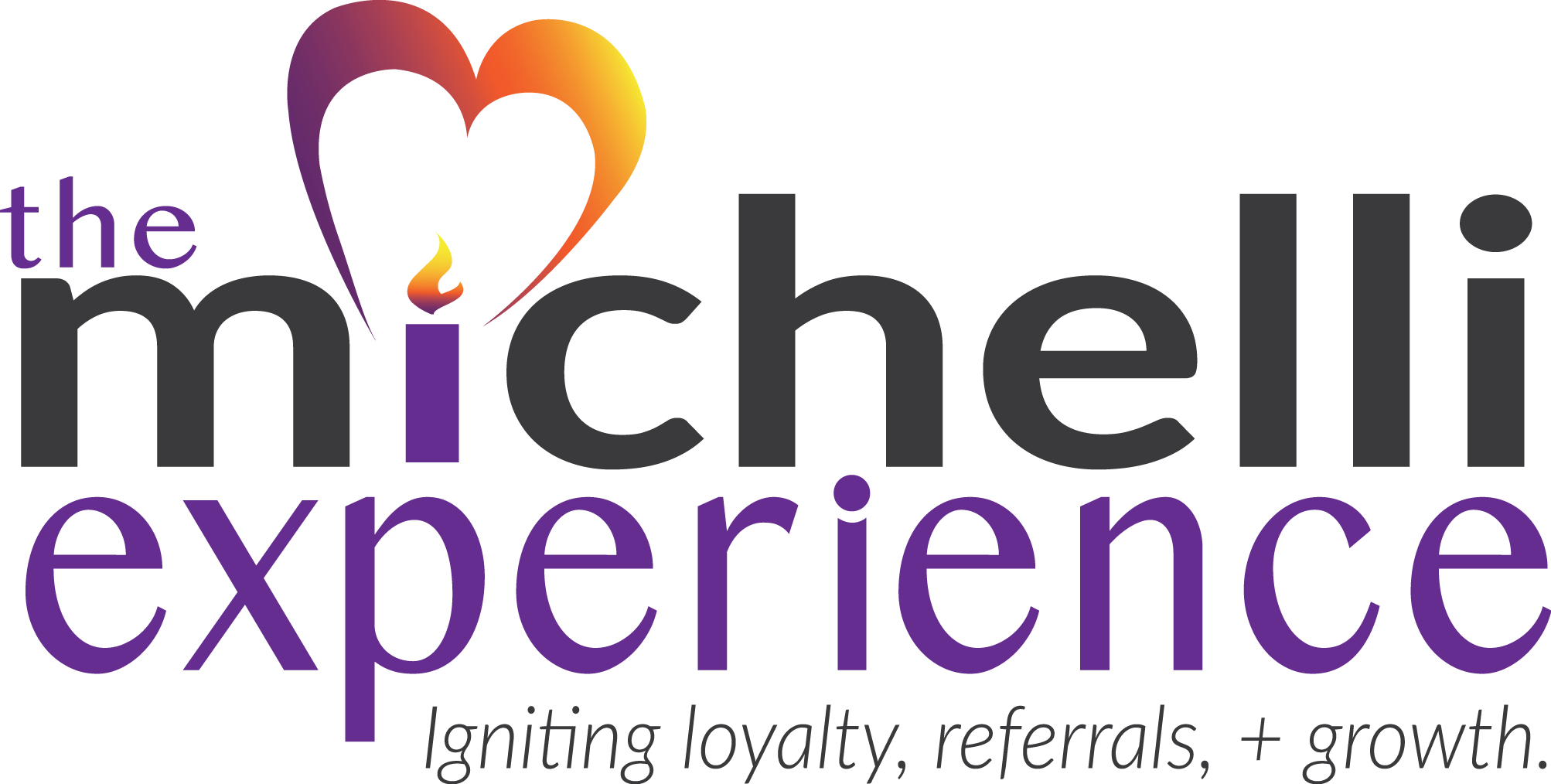I am convinced that if you want to offer consistently outstanding customer experiences, you will need to align your organization around a fundamental belief. Namely, that “people are intrinsically good.”
Philosophical and Practical
Okay, this blog may seem a bit esoteric and in the purview of philosophers, not business leaders. We all know that philosophers, have debated the nature of humankind from time immemorial. For example, Thomas Hobbes opined that man is “nasty, brutish, and short” while Erich Fromm suggested we possess a “social, loving nature.” I believe that a business case should be made that owners and business leaders who possess a negative view of people produce companies burdened with processes designed to protect corporate assets from their own team members and from their customers.
A Real World Example
A number of years ago, I was asked to consult for a foreign government that had relied heavily on wealth from their land (e.g., natural resources like oil) to drive their GDP. Looking toward the future, those leaders brought me in to explore how they might become “more tourist friendly” and how they might encourage business owners to “drive a hospitality mindset.”
In addition to sharing my observations about major infrastructure needs (like reducing lawlessness and improving physical safety for tourists), I focused on the negative view of people demonstrated through the actions of many business owners. For example, while in a bookstore I was struck by the proliferation of signs essentially exhorting visitors to “NOT TOUCH THE BOOKS.” Imagine the reaction of tourists from the United States. We’ve become accustomed to bookstores like Barnes and Noble; stores which encourage us to peruse books to our heart’s delight while sitting in comfortable chairs sipping Starbucks.
Pollyanna or Positive Intent?
Lest you discount the importance of this message by concluding that my view is “pollyannish” or incongruent with widespread evidence that people have a “dark side” (physical violence, terrorism, racism, greed, theft, deceit, exploitation, etc.), I accept all of those realities. I just refuse to let the evening news and/or the 24-hour news cycle change my view that I should assume “positive intent” when interacting with team members or customers. That certainly doesn’t mean that businesses shouldn’t manage people who demonstrate “negative intent” or that leaders shouldn’t protect their business from situations where the dark side of humanity manifests. But to be a “human-centric” organization (e.g., employee powered/customer focused), you have to assume the people you seek to serve actually warrant that service!
During a recent consulting visit near the Finger Lakes in New York, I had two diametrically opposed customer experiences in the span of an hour – demonstrating two varied views of the nature of customers. One interaction clearly sent the message, “You are a customer you must be trying to rip us off.” The other involved the actions of an empowered employee who left me with the feeling, “Enjoy your visit, we will square up later.” I was the same person in each interaction, and I assure you neither business sustained a loss based on my actions. One business, however, did lose something – my future business.
We are what we track
Personally, I keep a “joy journal”, a daily list of things that bring me joy! While some of it is populated by simple moments that don’t involve people – often the entries are about individuals who assume my positive intent. I encourage the use of a joy journal to fight off the cynicism that can hamper the creation of a world class customer-centric company. More importantly, I encourage you to assume the best in others and manage the exceptions!

Joseph A. Michelli, Ph.D. is a professional speaker and chief experience officer at The Michelli Experience. A New York Times #1 bestselling author, Dr. Michelli and his team consult with some of the world’s best customer experience companies.
Follow on Twitter: @josephmichelli



